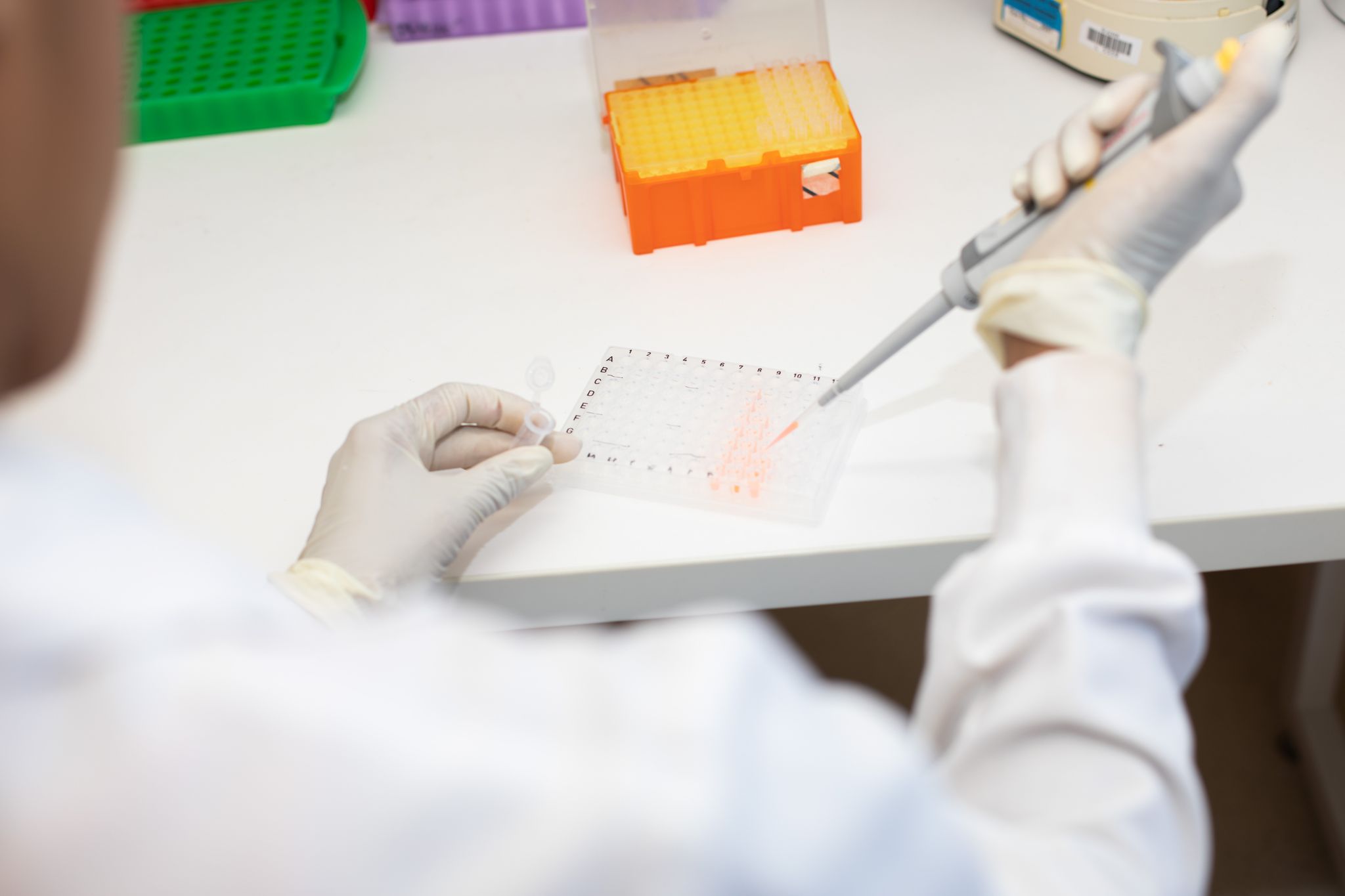
Testing proven cancer research on a devastating childhood condition
For parents whose child has been diagnosed with Prader-Willi Syndrome (PWS), their concerns usually start when their baby fails to thrive. They might be floppy with weak muscle tone, have a weak cry and a poor ability to suckle and need a feeding tube.
Small hands and feet, abnormal growth patterns and then an insatiable hunger develops often leading to extreme obesity. Intellectual disability becomes evident.
Tragically average life expectancy for people with PWS is 35 years.
PWS affects males and females with equal frequency and affects all races and ethnicities. It is recognised as the most common genetic cause of life-threatening childhood obesity.
The symptoms of PWS are thought to be due to dysfunction of a portion of the brain that plays a crucial role in many bodily functions, including regulating hunger, body temperature, pain, sleep-wake balance, fluid balance, emotions, and fertility.
Although this dysfunction is believed to lead to the symptoms of PWS, it is not yet clear how the genetic abnormality causes the dysfunction.
There is no cure for PWS only dietary control, behavioural intervention and hormone-based therapy to manage its effects. This is where a team of researchers at the Harry Perkins Institute of Medical Research who are experts in epigenetics come in.
Cancer researchers Associate Professor Pilar Blancafort and Dr Charlene Waryah have received support from the Prader-Willi Research Foundation Australia to apply some of the latest techniques used in cancer research to PWS.
“We are going to use targeted epigenetic editing, to address the underlying cause of PWS.
“Every cell in the body contains a full copy of the instructions needed for human life encoded in our DNA but any given cell will only need to use a selection of these instructions.
“Epigenetics is the name given to the ‘switches’ that control which instructions are being used at any given time,” Associate Professor Blancafort says.
Prader-Willi Syndrome is caused when genes on the paternal chromosome are not expressed due to deletion or an imprinting control defect.
“Fortunately, there is a back-up copy of these genes on the maternal chromosome. This back-up copy has been imprinted, or epigenetically silenced, so a potential therapy for PWS is to ‘wake up’ or activate these silent genes.
“Epigenome engineering tools can be used to modify the epigenetic ‘switches’ that silence genes, resulting in activation,” she said.
Associate Professor Blancafort’s laboratory has achieved this in cancer, using novel epigenetic editors to reactivate tumour suppressor genes and repress cancer genes.
In this research project her lab will use state of the art epigenetic editing tools to activate key PWS genes on the maternal chromosome.
“This project will bring new expertise to the field of PWS epigenetics and is an essential step towards a future epigenetic treatment for this rare but devastating non-inherited neurodevelopmental disease.”
PWS occurs in approximately one out of every 15,000 births.
This project has been funded by the Prader-Willi Research Foundation.
